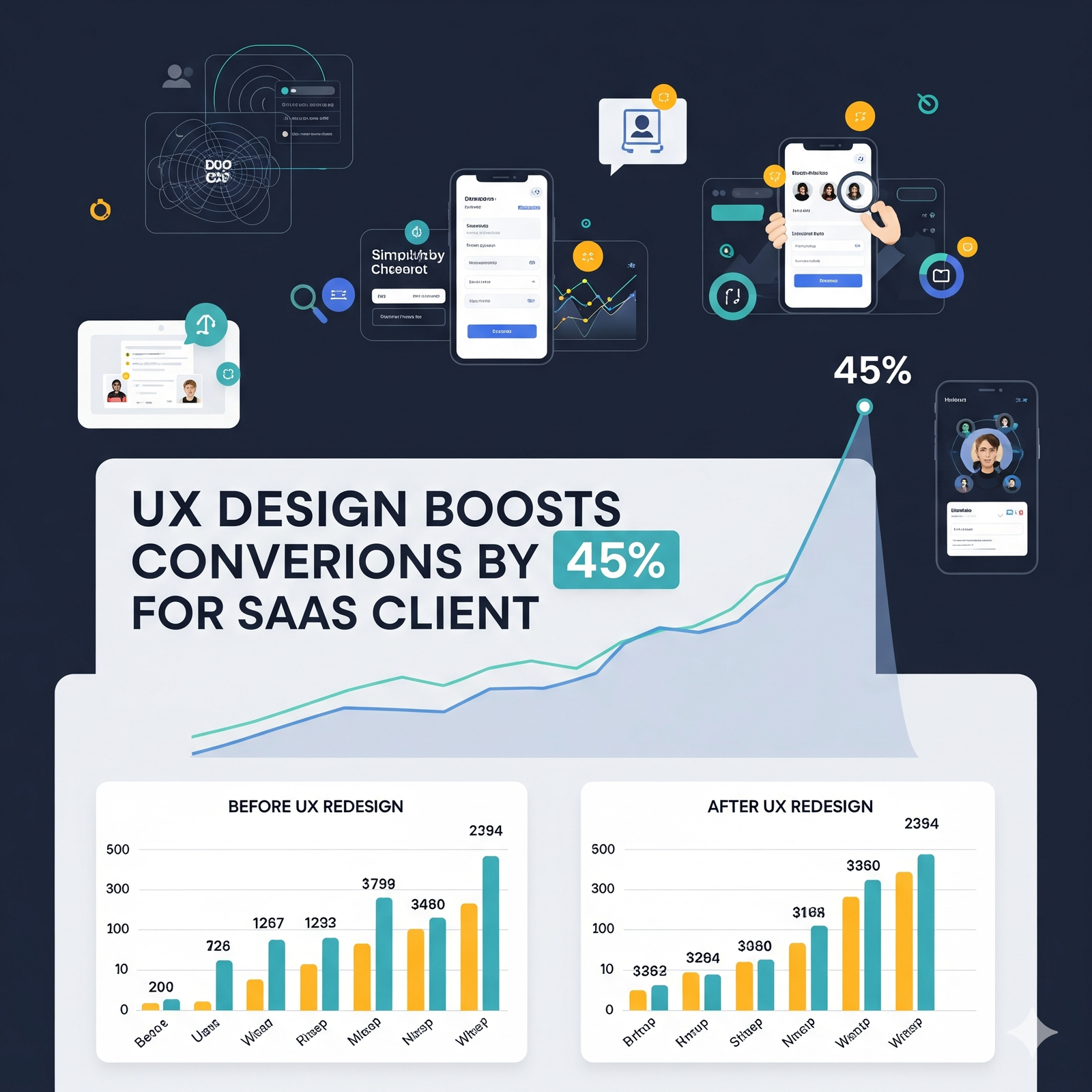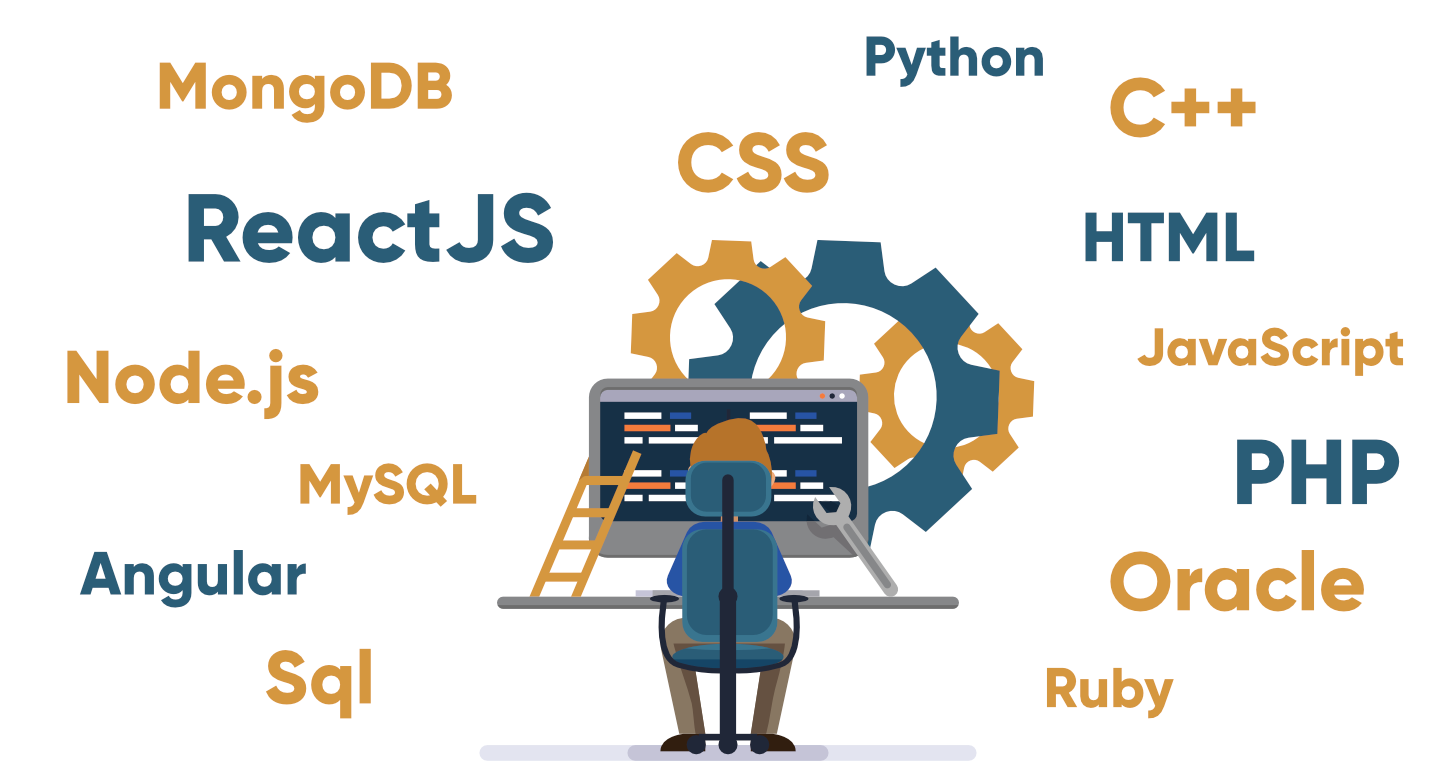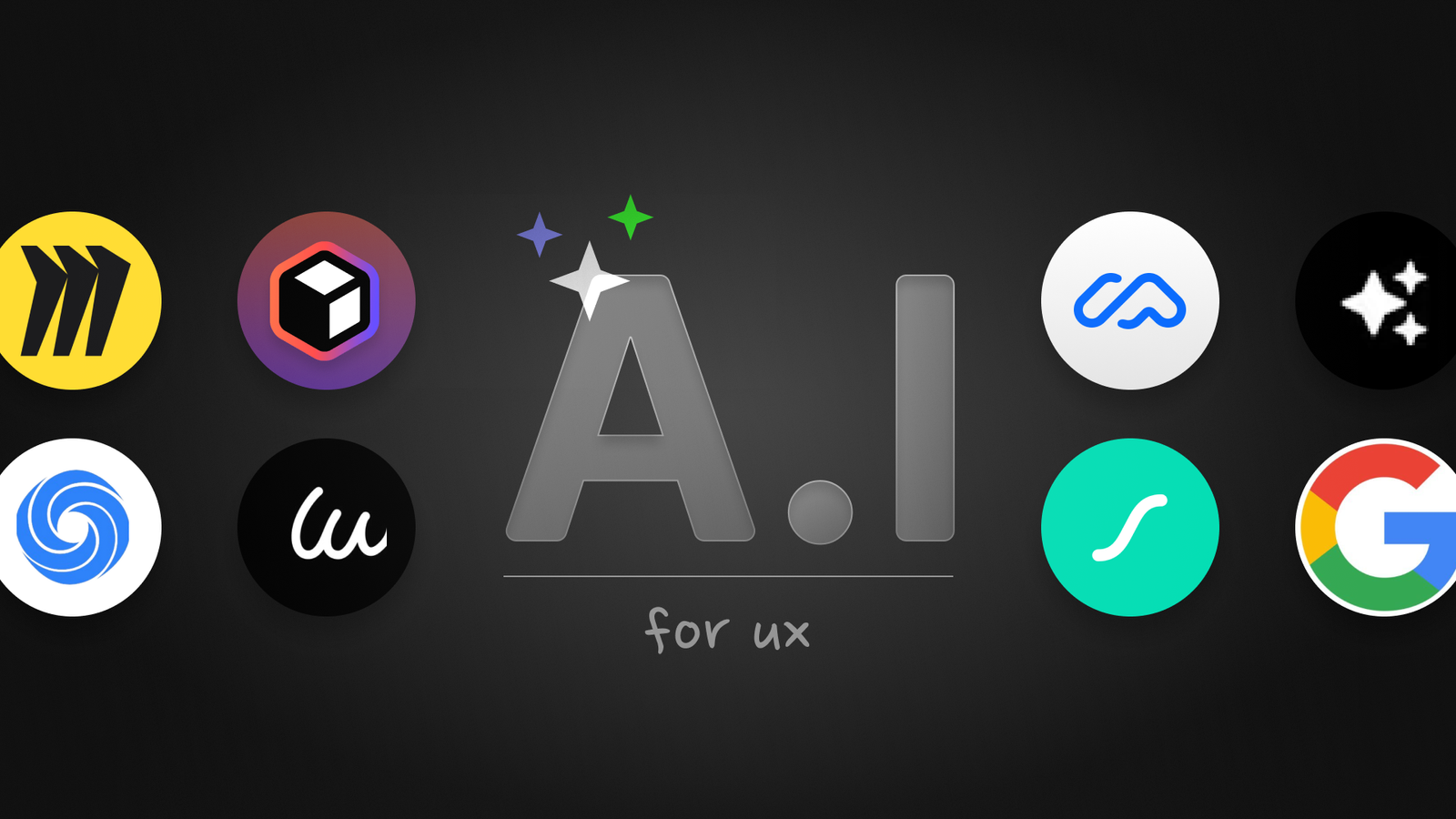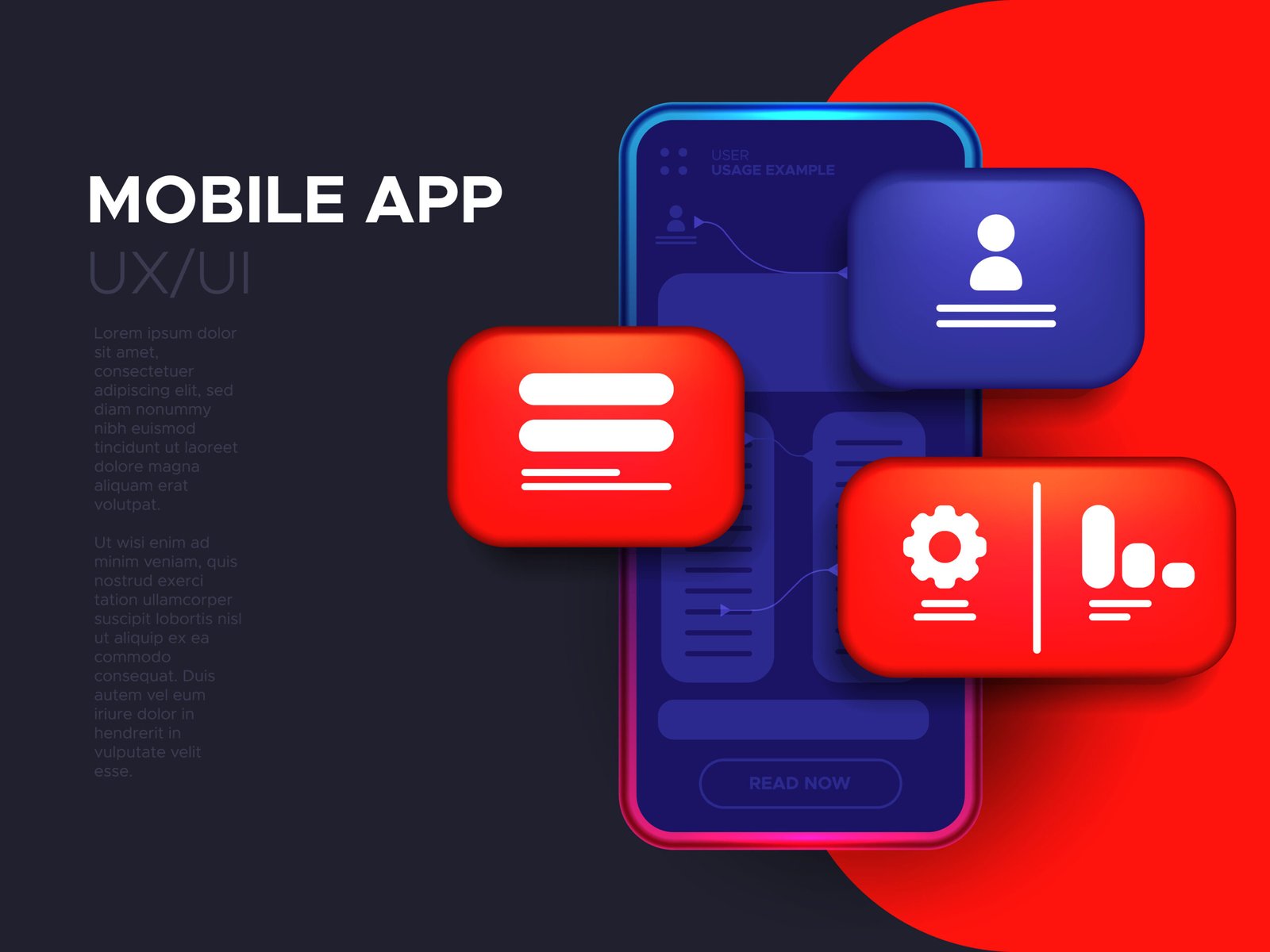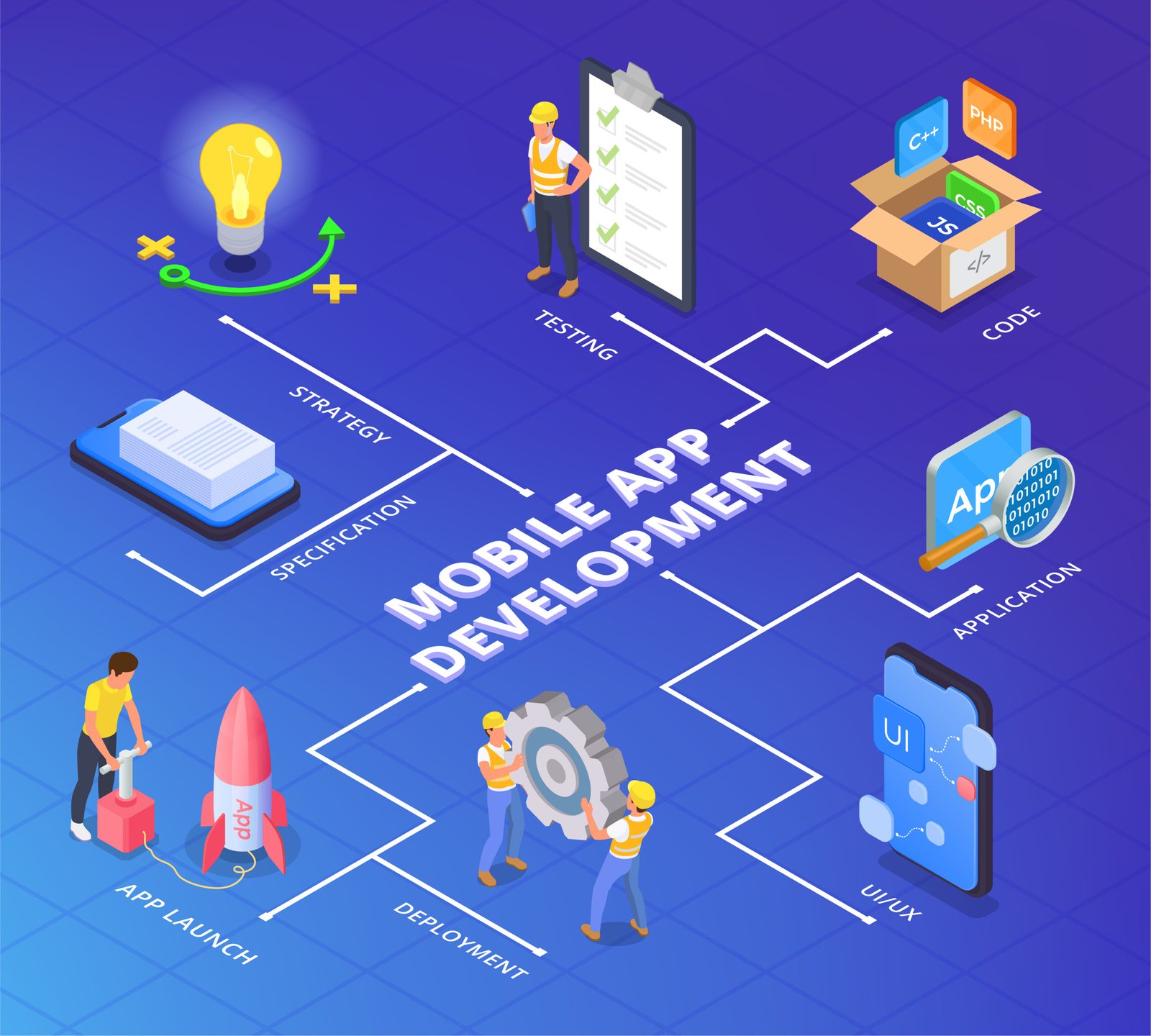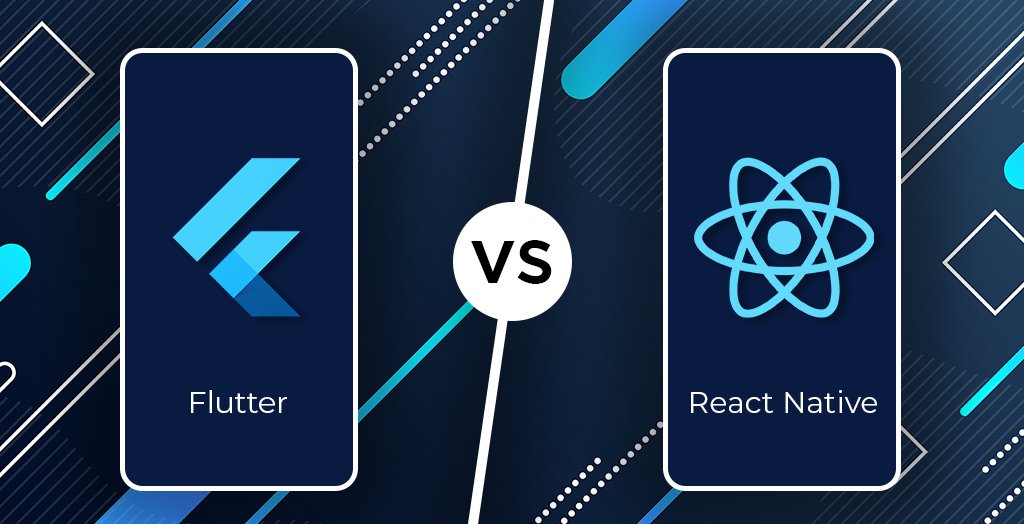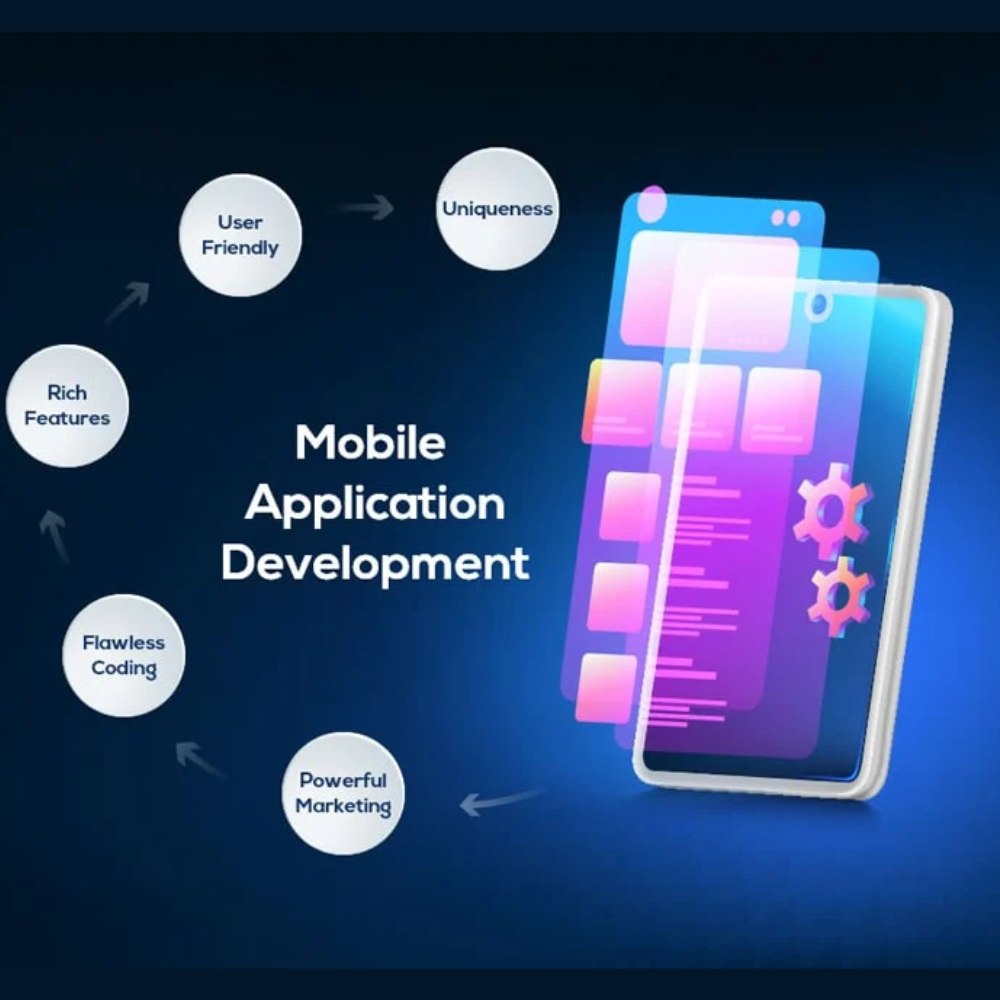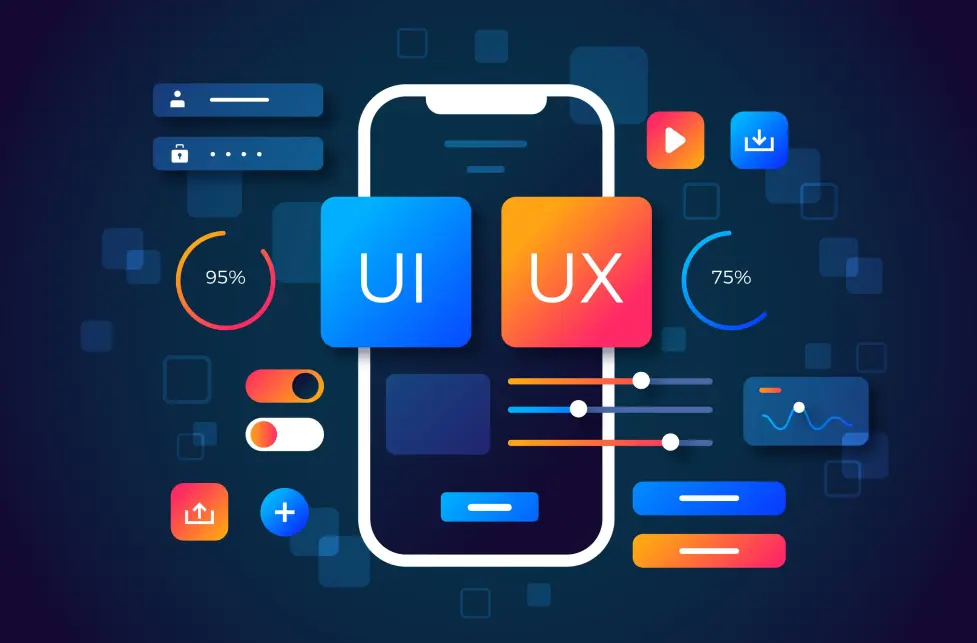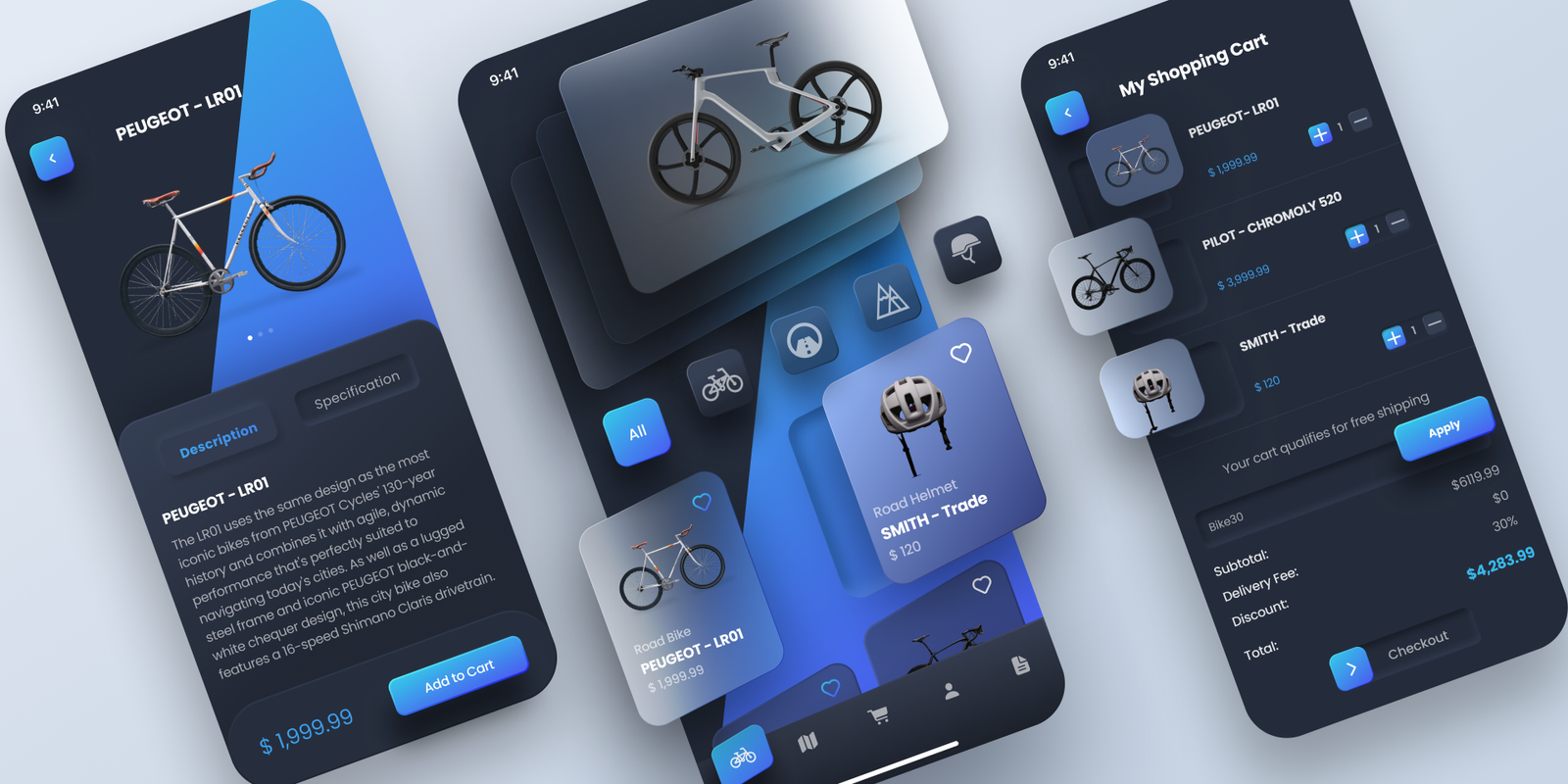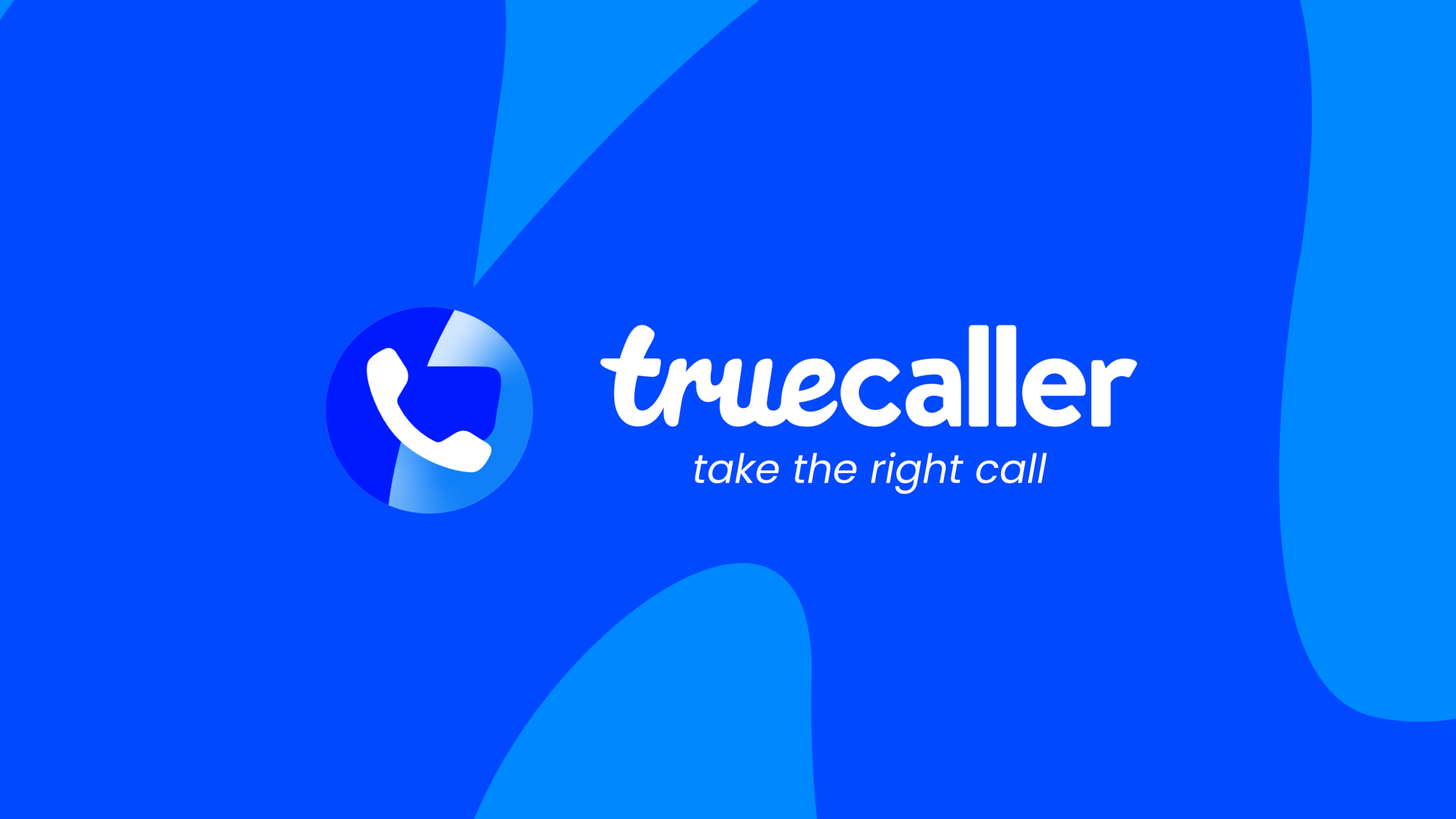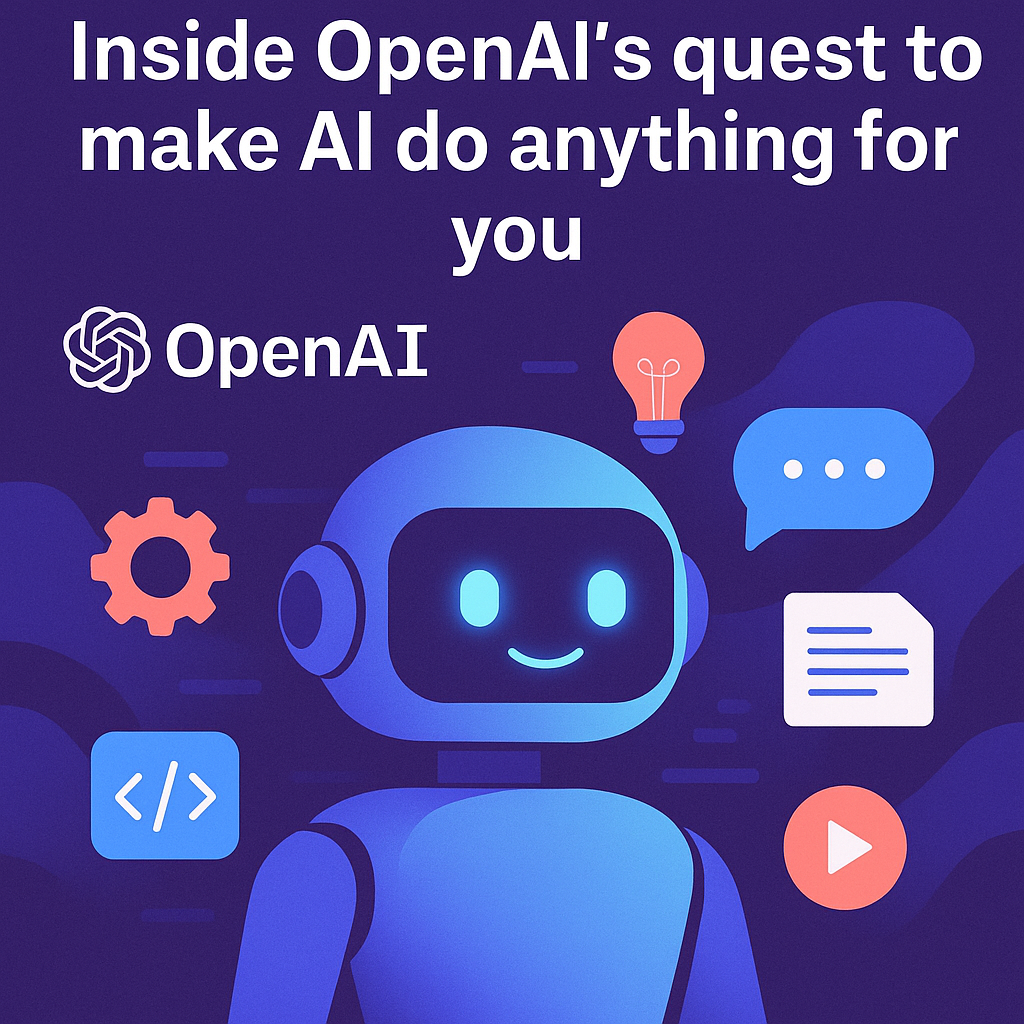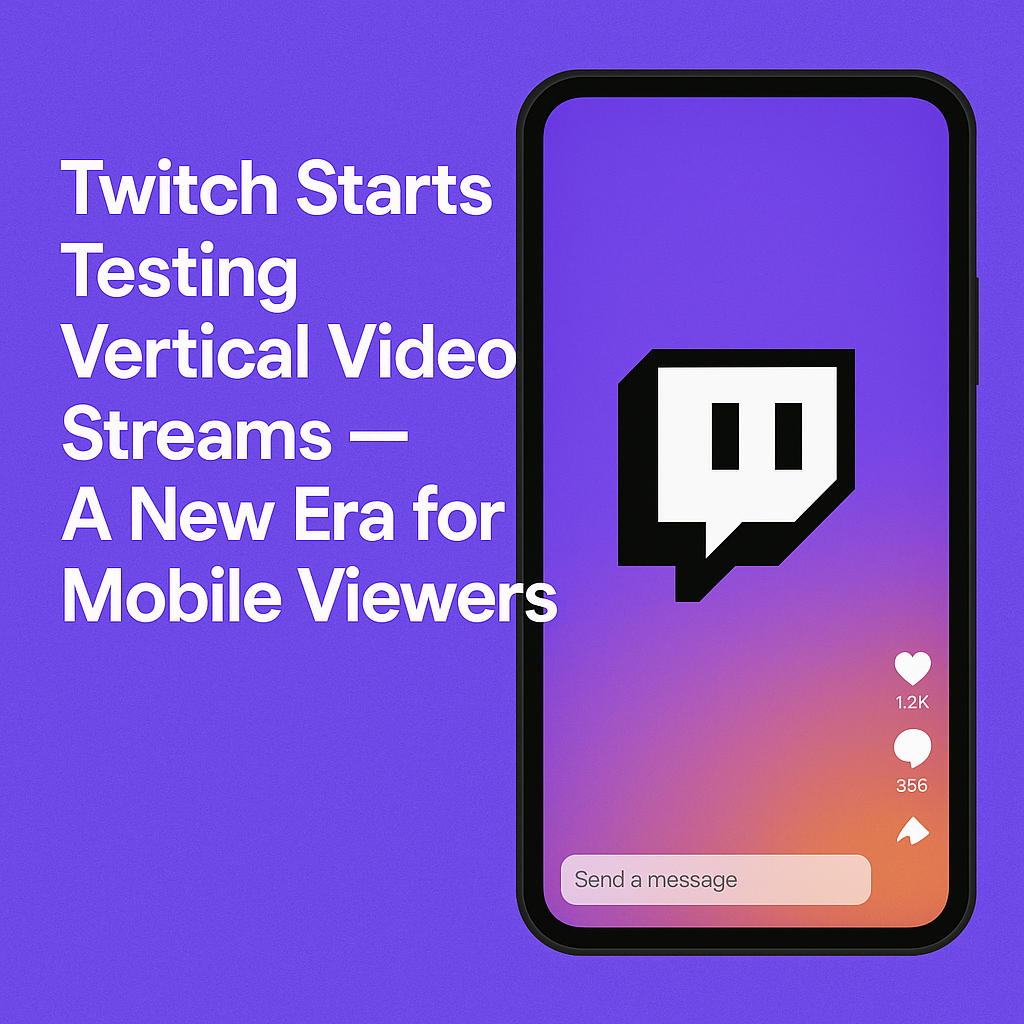The healthcare industry is undergoing a remarkable transformation with the growing adoption of artificial intelligence. Among its many advancements, conversational AI has emerged as one of the most powerful tools in redefining how patients and healthcare professionals interact. By enabling machines to understand and respond to human language, conversational AI creates a bridge between patients and healthcare systems, ensuring faster, smarter, and more personalized care. From virtual health assistants to intelligent symptom checkers, this technology is changing the face of modern healthcare by making services more efficient, accessible, and patient-focused.

Virtual Health Assistants
Virtual health assistants are among the most common applications of conversational AI in healthcare. These intelligent systems can handle routine yet critical tasks such as scheduling appointments, reminding patients about medication, and answering general medical queries. Patients can easily interact with these assistants through chat or voice-based platforms, receiving real-time help without waiting for a human representative. Hospitals and clinics benefit by reducing their administrative workload, while patients enjoy consistent support and personalized engagement, ensuring that they never feel disconnected from their care providers.
Symptom Checking and Preliminary Diagnosis
Conversational AI systems are now being used as the first line of medical interaction for patients. By entering their symptoms into an AI chatbot, patients can receive instant guidance about possible conditions and whether they should seek immediate care. This form of virtual triage helps prioritize cases based on severity, preventing overcrowding in hospitals and allowing doctors to focus on patients who need urgent attention. It also promotes early diagnosis and self-awareness, empowering patients to take proactive steps toward maintaining their health.
Appointment Scheduling and Management
Managing appointments has always been a time-consuming task for both patients and healthcare providers. Conversational AI simplifies this process by automating appointment scheduling, reminders, and rescheduling. Instead of waiting on hold or relying on manual calls, patients can easily fix or modify appointments through a chatbot or voice assistant. These AI tools also send reminders to ensure that patients do not miss their visits. This level of automation enhances coordination between medical teams and patients, resulting in improved efficiency and a more organized healthcare workflow.
Patient Onboarding and Pre-Screening
The patient onboarding process often involves filling out lengthy forms, verifying insurance information, and completing pre-screening steps before consultations. Conversational AI tools streamline this process by guiding patients through each step in a conversational format. The AI can collect necessary details, confirm coverage, and provide instructions about the next steps, significantly reducing waiting time and paperwork. This improves both patient satisfaction and administrative productivity, ensuring that healthcare providers can dedicate more time to patient care rather than data entry.
Personalized Treatment Support
Conversational AI continues to add value even after treatment begins. It can track a patient’s recovery journey and provide tailored support through reminders, progress updates, and lifestyle suggestions. For example, if a patient is recovering from surgery or managing a chronic condition, an AI assistant can monitor symptoms, send alerts for medication, and encourage follow-up visits when needed. This continuous engagement ensures that patients remain committed to their treatment plans, leading to better health outcomes and a higher level of trust in their healthcare providers.
Mental Health Assistance
Conversational AI has made mental health support more accessible and less intimidating. Virtual companions are available around the clock to listen to users, provide emotional guidance, and share coping strategies for stress, anxiety, or depression. These systems use natural language processing to respond empathetically, helping individuals who may hesitate to seek human therapy due to stigma or cost. When necessary, they can also recommend professional therapists or connect users to crisis helplines. This technology brings mental health care to people’s fingertips, offering comfort, privacy, and timely intervention.
Remote Patient Monitoring
The combination of conversational AI and wearable technology is revolutionizing remote patient monitoring. AI-powered systems can analyze health data such as heart rate, oxygen levels, and blood pressure collected from wearable devices. If abnormalities are detected, both the patient and their healthcare provider can be alerted immediately. This proactive approach enables early detection of potential issues and reduces the risk of complications. It is especially beneficial for patients with chronic illnesses who require continuous monitoring and for healthcare professionals who need accurate, real-time data for decision-making.
Streamlined Administrative Operations
Administrative processes in healthcare can be overwhelming, involving billing inquiries, insurance claims, and policy clarifications. Conversational AI automates many of these functions by answering routine questions, assisting with form submissions, and managing billing details. This not only reduces the burden on hospital staff but also minimizes human error and ensures a smoother overall experience for patients. By automating back-end operations, healthcare institutions can save time, cut operational costs, and allocate resources more effectively to patient-centered activities.
Multilingual Patient Support
Healthcare is a universal need, and patients often come from diverse linguistic backgrounds. Conversational AI enables healthcare providers to overcome language barriers by supporting multiple languages. Patients can communicate in their preferred language, ensuring that they fully understand their diagnoses, treatment plans, and medical instructions. This inclusivity improves patient satisfaction, builds trust, and ensures that vital information is communicated accurately, regardless of linguistic differences.
Continuous Patient Education
Education plays a critical role in preventive healthcare, and conversational AI serves as a reliable medium for spreading awareness. Patients can interact with AI-driven systems to learn about diseases, vaccination schedules, nutrition, and lifestyle management. The AI can share credible information from verified medical sources, reducing misinformation and promoting healthier living. By encouraging patients to stay informed and proactive, conversational AI supports long-term wellness and preventive healthcare initiatives.
Benefits of Conversational AI in Healthcare
The adoption of conversational AI offers numerous benefits for both patients and healthcare organizations. It ensures round-the-clock accessibility, allowing patients to get instant assistance without waiting for human availability. It significantly reduces operational costs by automating repetitive tasks and enhancing staff productivity. Conversational AI also strengthens patient engagement, offering continuous communication and personalized care. Moreover, the technology provides data-driven insights that help medical professionals make informed decisions and improve the quality of treatment. Its scalability ensures that healthcare providers can serve more patients efficiently without compromising on care quality.
Conversational AI is no longer just a futuristic concept; it is a present-day solution transforming healthcare into a more connected, intelligent, and patient-friendly system. It is improving communication, simplifying processes, and empowering patients to take control of their health. As the technology continues to advance, its potential to personalize care, reduce costs, and enhance accessibility will only grow. Healthcare organizations that embrace this innovation today will be better equipped to meet the evolving demands of tomorrow’s patients. If you are ready to bring this transformation to your healthcare platform, UXDLAB can help you design and implement conversational AI solutions that enhance efficiency, engagement, and overall care delivery.





















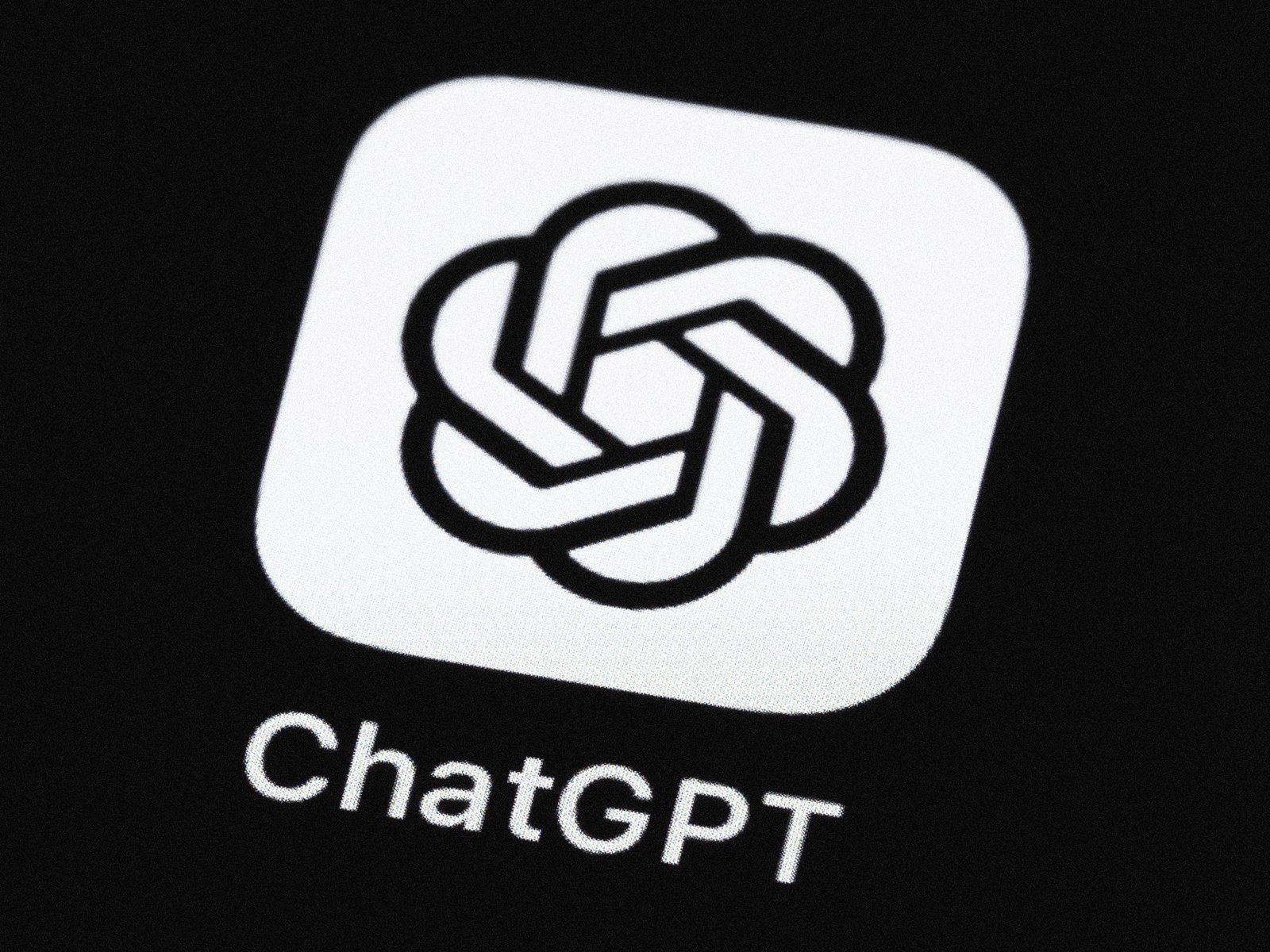











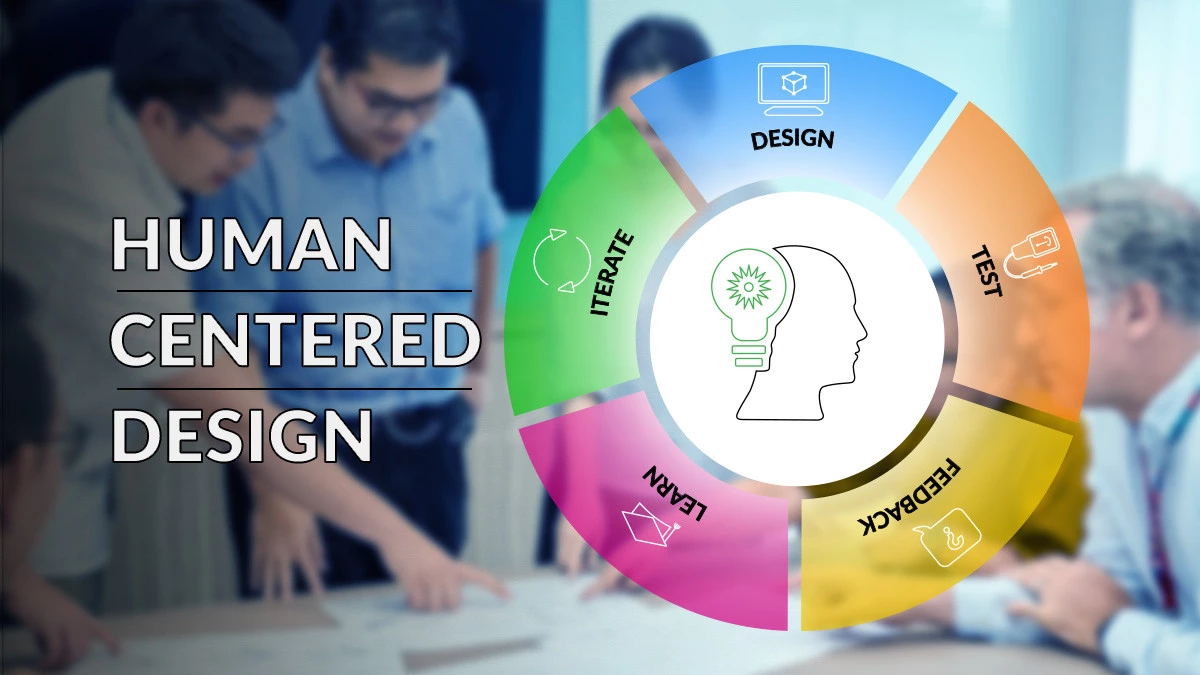


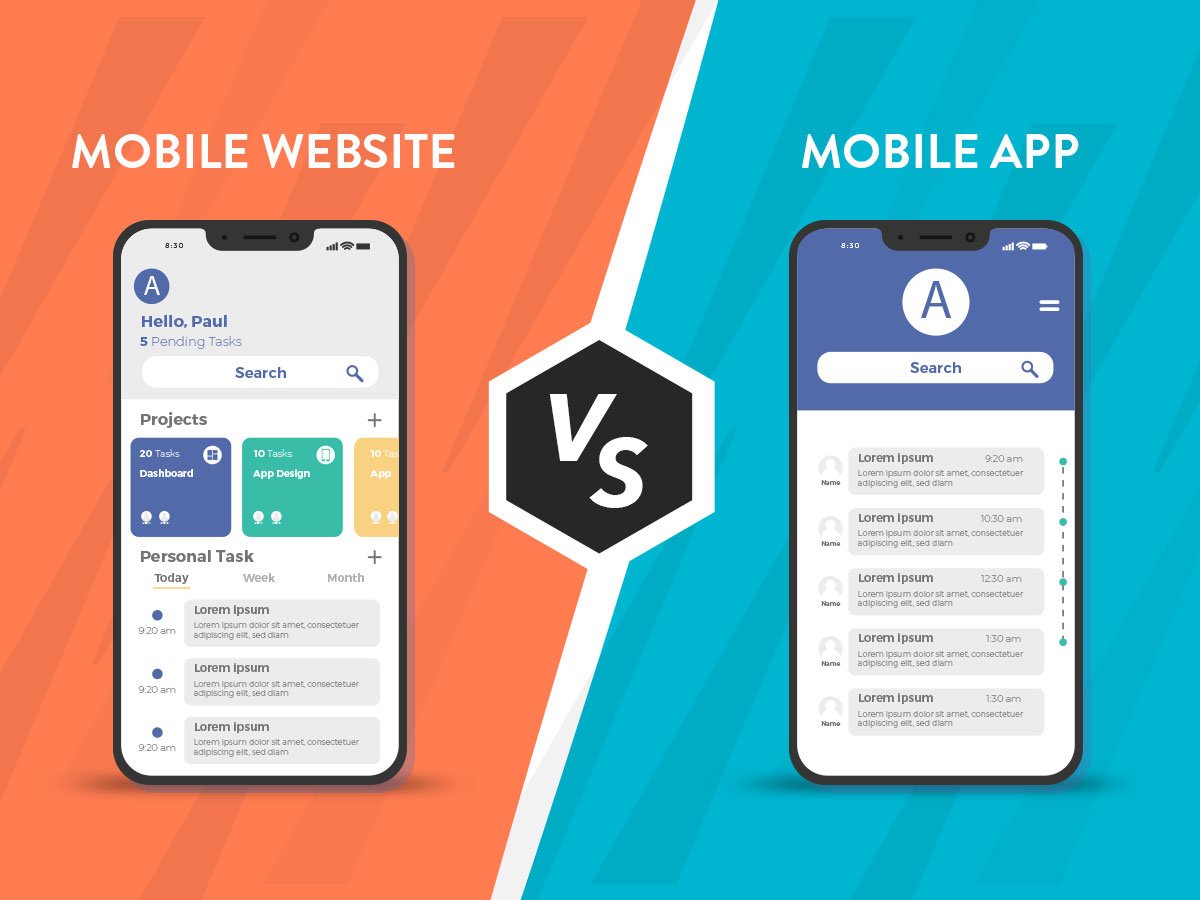

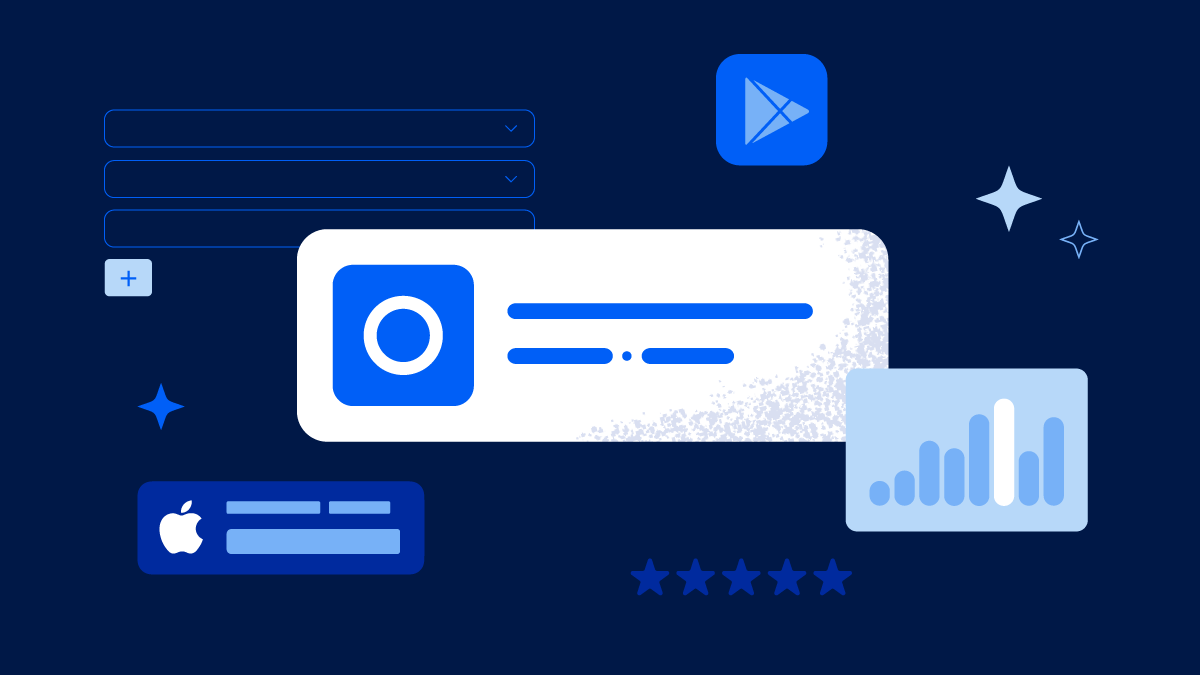



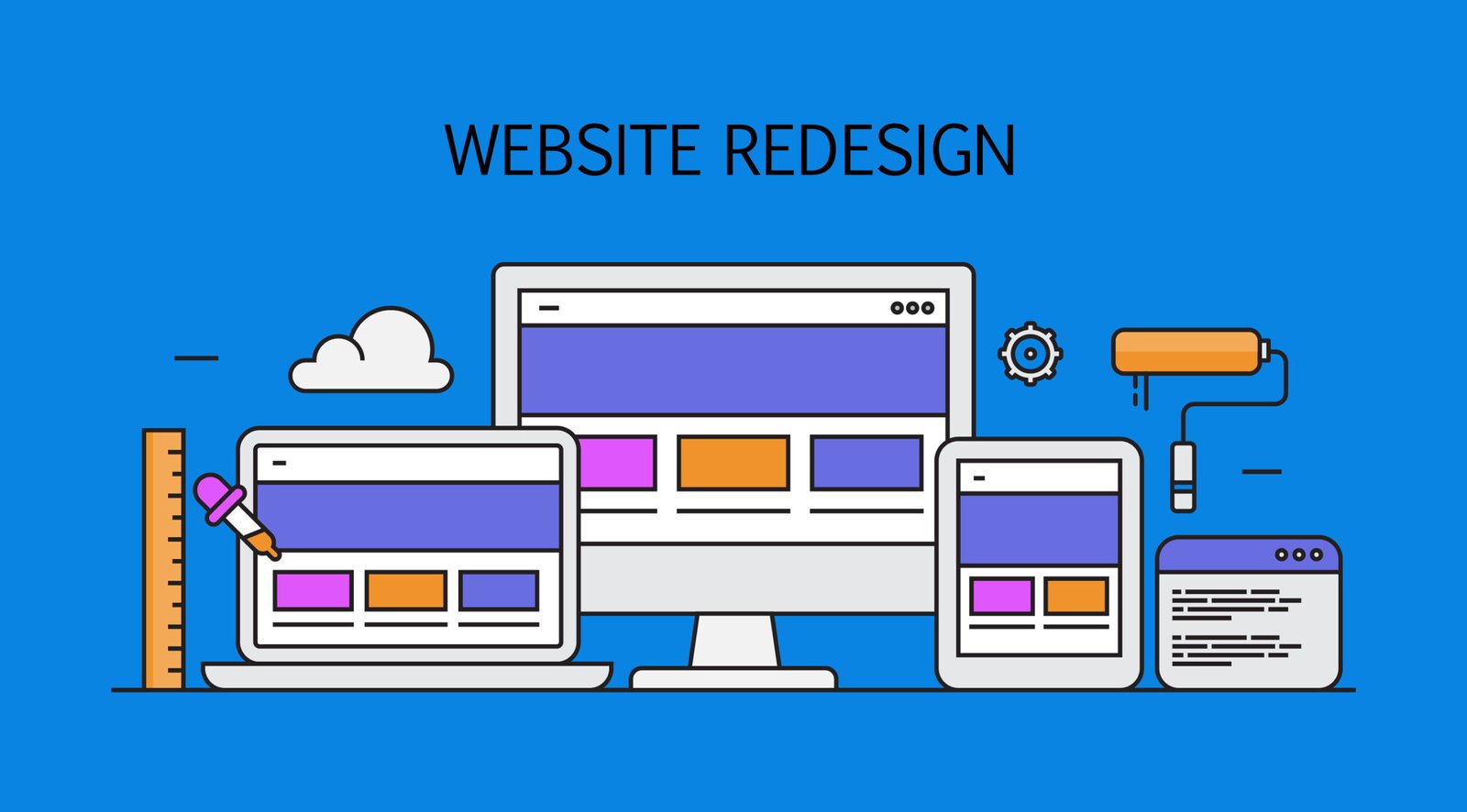

![Case Study: How We Helped [Client] Scale with a Custom Mobile App](https://uxdlab.com/wp-content/uploads/2025/08/case.png)




